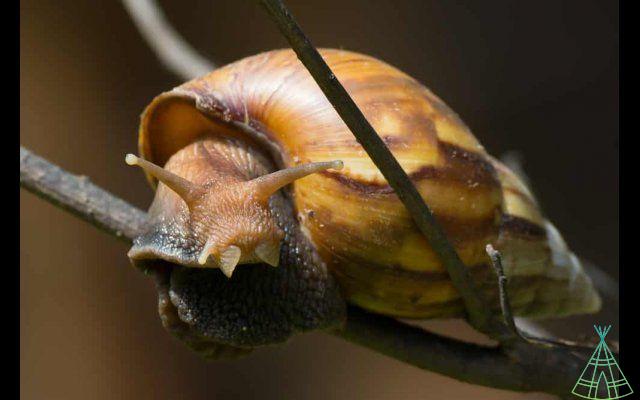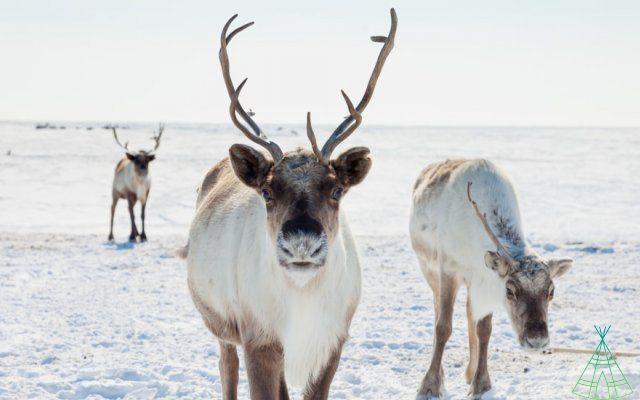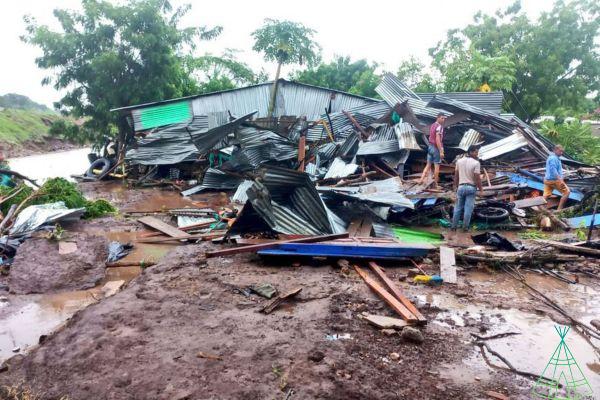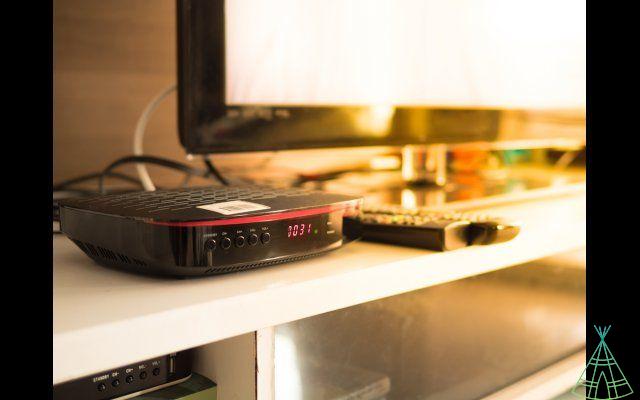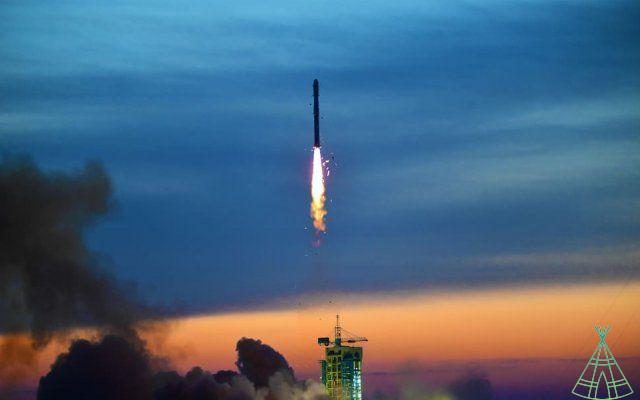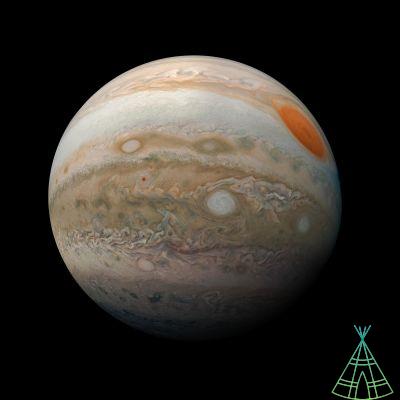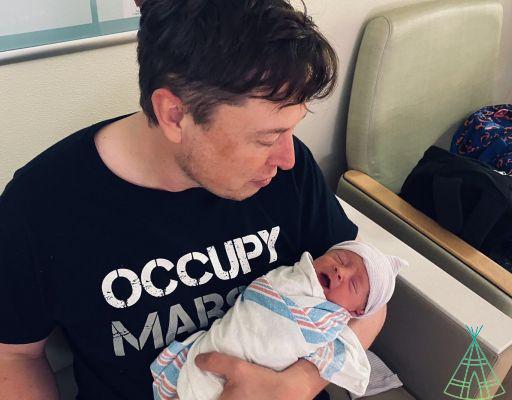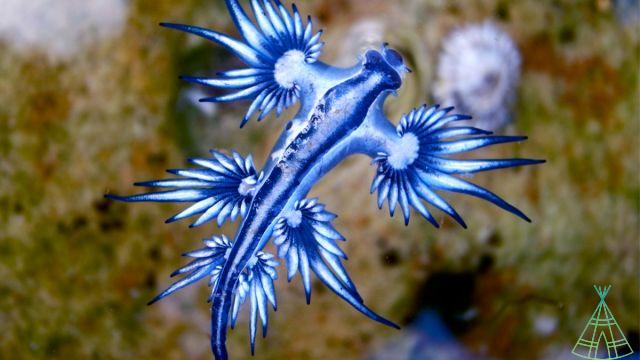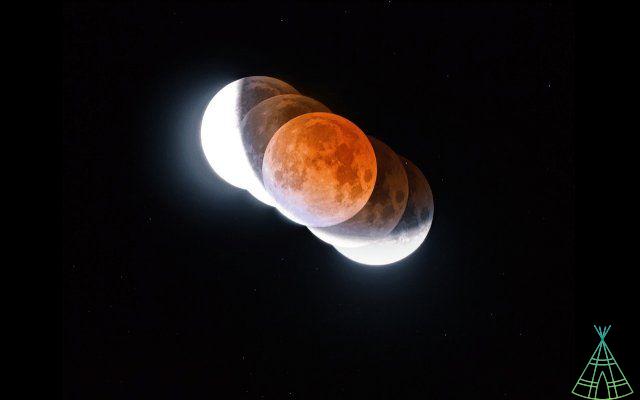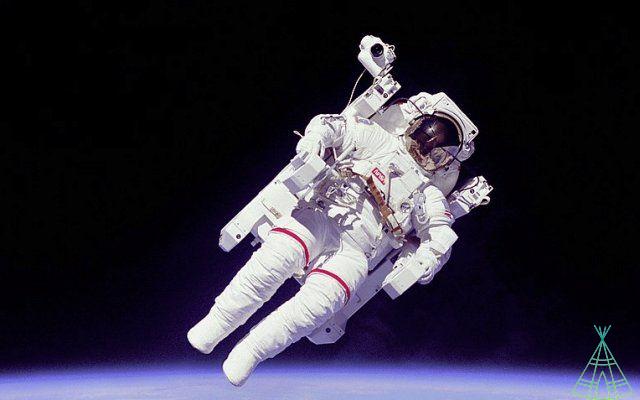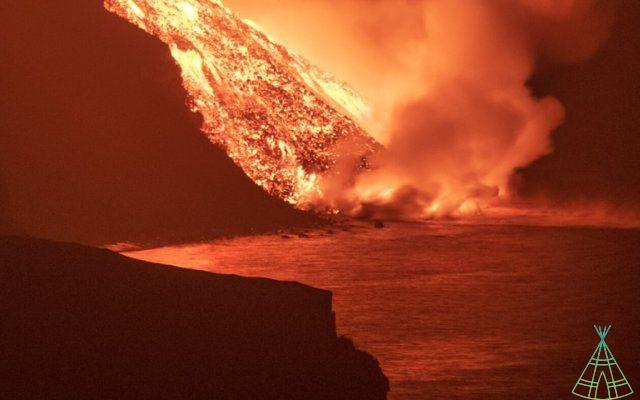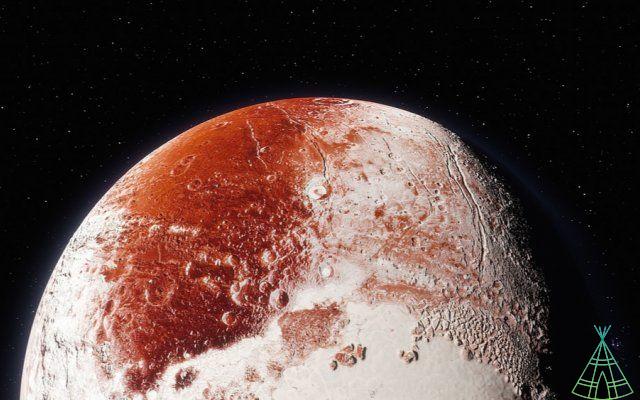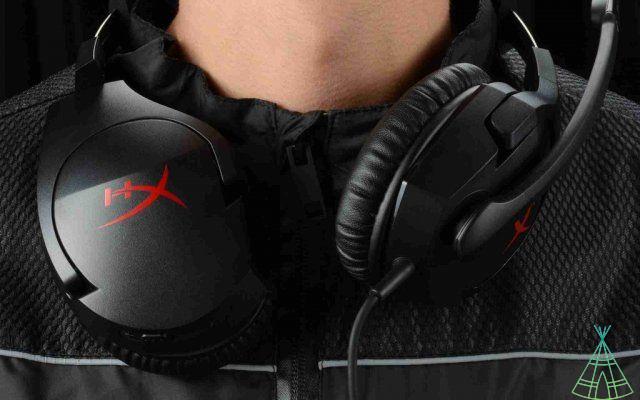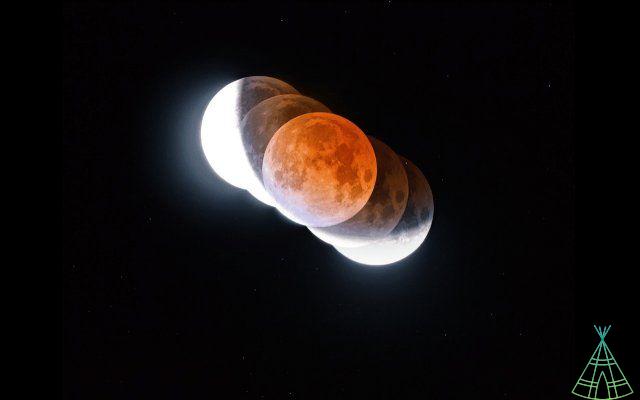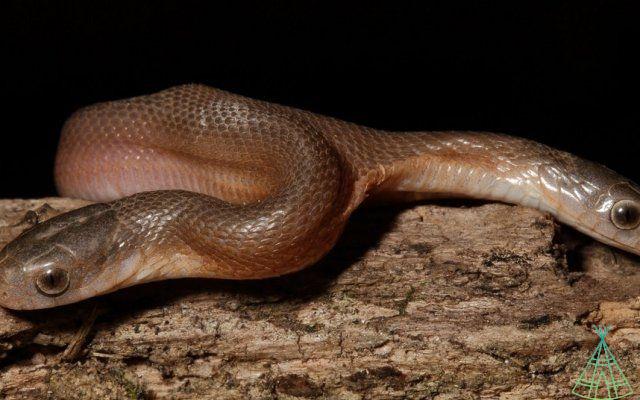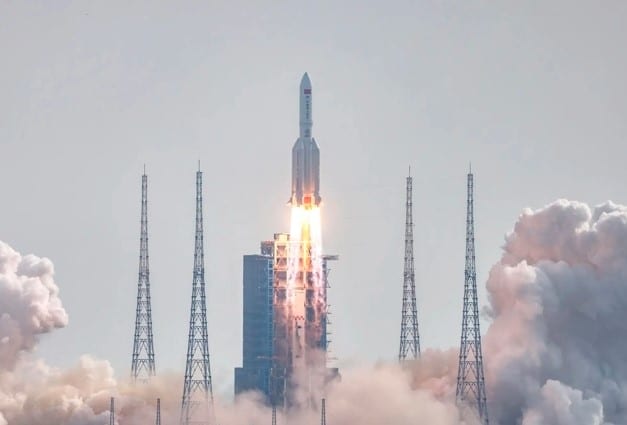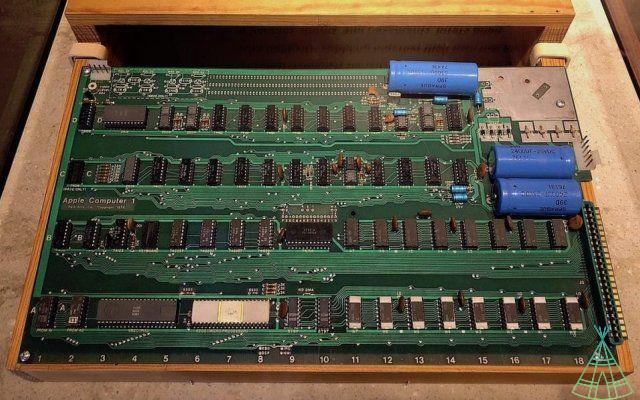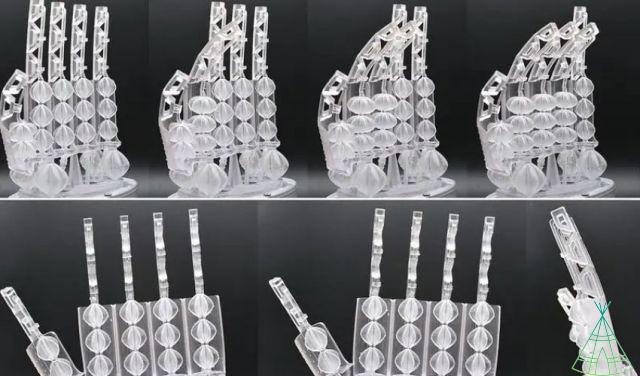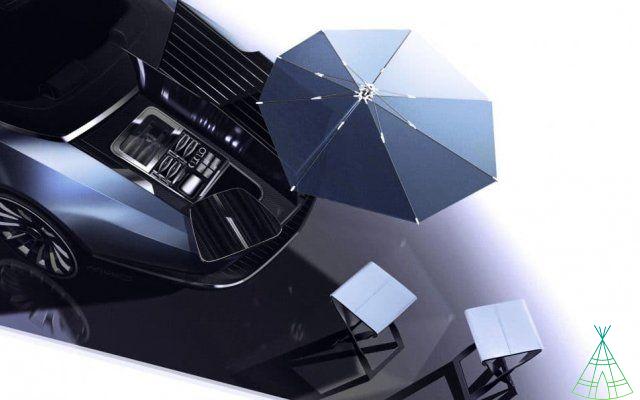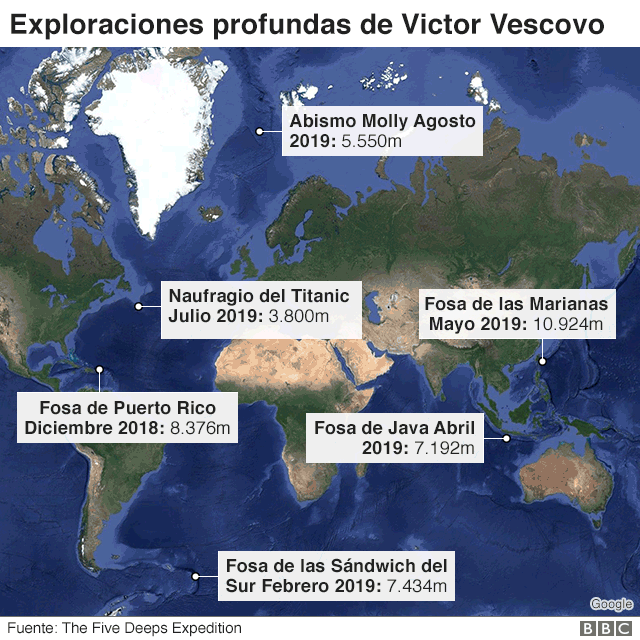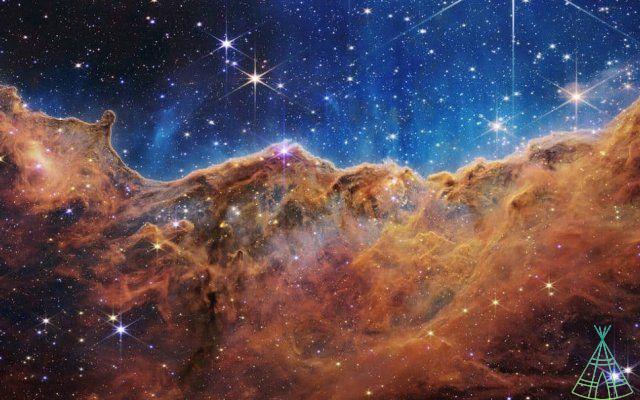Recently, it was discovered that a day on Venus lasts 243 Earth days, which is the longest day in our solar system. However, did you know that it only takes 225 Earth days for it to go around the sun? That is, a day lasts longer than a year on the planet.
Below are 6 other Venus curiosities.
1) Venus has an orbit
To start, the planet rotates in reverse: from east to west. Only Uranus shares this trait with Venus. Thus, the sun rises on the opposite side to what we are used to here on Earth. Other than that, Venus orbits around the sun in an almost perfect circle while the other planets have an ellipse-shaped orbit.
2) Venus is hotter than Mercury
Despite Mercury being closer to the Sun, Venus is the hottest of the planets, a temperature that reaches 471ºC. That's because Venus' dense atmosphere is filled with carbon dioxide and sulfuric acid clouds that trap heat inside the planet in a more intense version of Earth's greenhouse effect.
It is so hot there that metals such as lead would be found in liquid form. Therefore, spacecraft that have already landed there (the Russian Venera 9, in 1975) survived only a few hours before being destroyed by heat and pressure.
3) what is the planet?
Venus is a very active planet, mountains and volcanoes. It is very similar to Earth in many ways: size, mass, density, position and gravity. This similarity earns it the nickname of Earth's twin, although it is slightly smaller, a mass equivalent to 80% of our planet, according to the Space website.
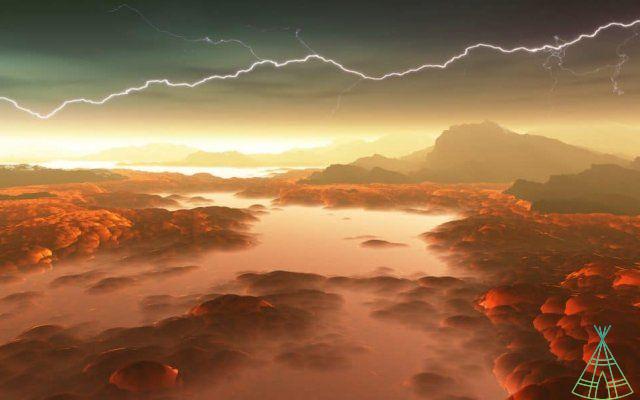
Normally, it is not possible to observe the color of Venus due to the dense and misty atmosphere. However, the Magellan spacecraft managed to map the entire surface of Venus.
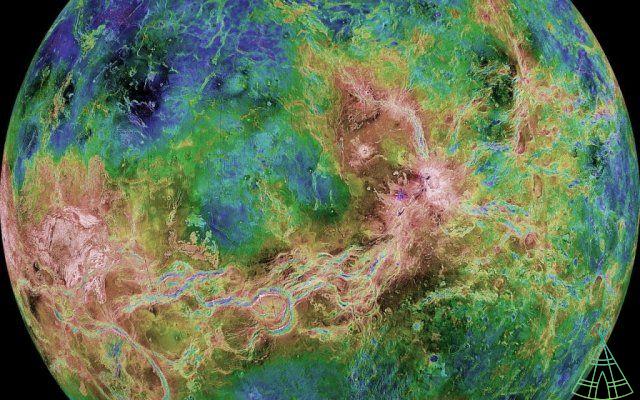
Read also:
- A meteor lit up the sky in Norway before falling into a forest region.
- ISS astronaut records Russian module reentry into Earth's atmosphere; see pictures
- Jeff Bezos Offers a Billionaire “Discount” for NASA to Give Up on SpaceX and Close Blue Origin
4) Why is Venus the brightest planet?
Again, the atmosphere is responsible for one of the most striking features of Venus. The thick, dense cloud layer causes sunlight to be strongly reflected, making Venus the brightest planet in our system. Incidentally, this Venusian glow makes it confused with a star and many call it Estrela D'Alva (the one seen at dawn) or Estrela Esper (the first seen in the afternoon).
5) Why does this celestial body have no moon?
The most likely explanation is bad luck - or, in other words, a small window of possibilities. After all, the area of space in which a satellite could orbit steadily around the planet for billions of years is quite narrow.
If a moon orbited far from Venus, it would have an erratic trajectory and would be captured by the Sun. If it orbited close to the planet, it would be destroyed by the gravitational force of the star itself.
6) Why does the star have no magnetic field?
This phenomenon is explained by its low speed of rotation (243 Earth days, remember?) And the absence of convective heat transfer. That is, any liquid metallic content in the center of Venus would not rotate fast enough to generate a measurable magnetic field.
According to data from the Magellan spacecraft, the planet's magnetic field is 0,000015 times weaker than Earth's. According to the theory, this tiny field is created due to the interaction of the Venusian atmosphere with the solar winds.
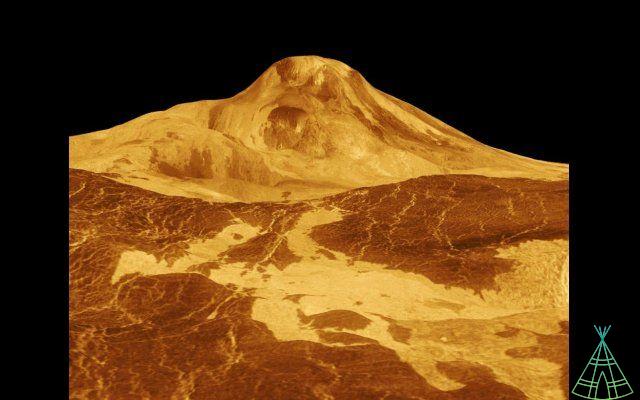
Have you watched our new videos on YouTube? Subscribe to our channel!




